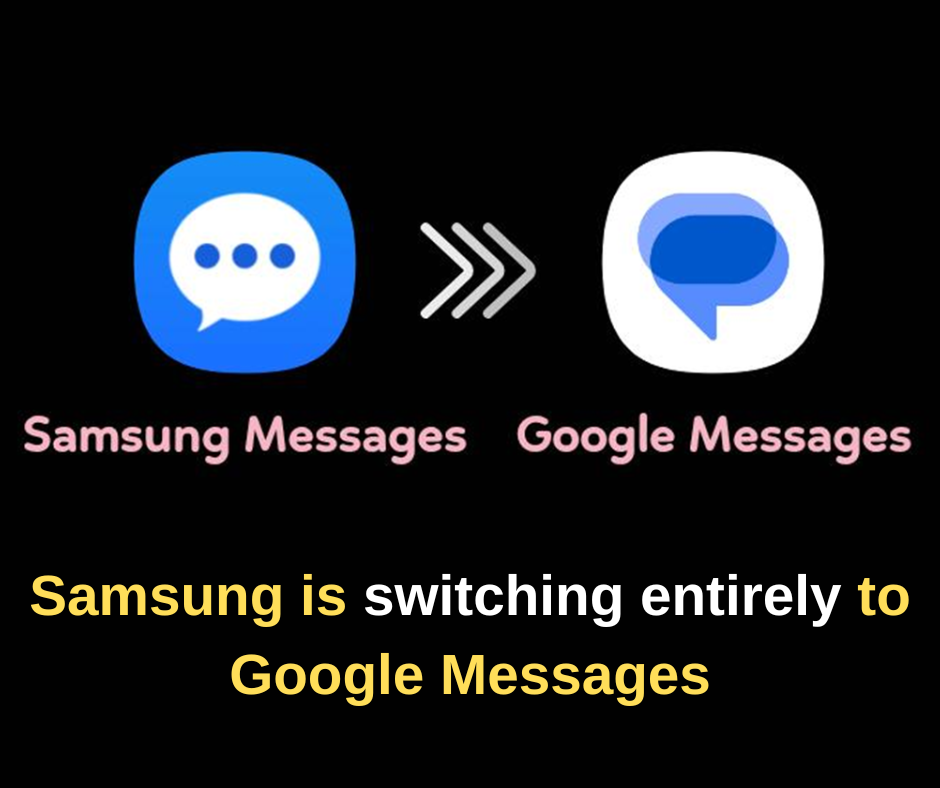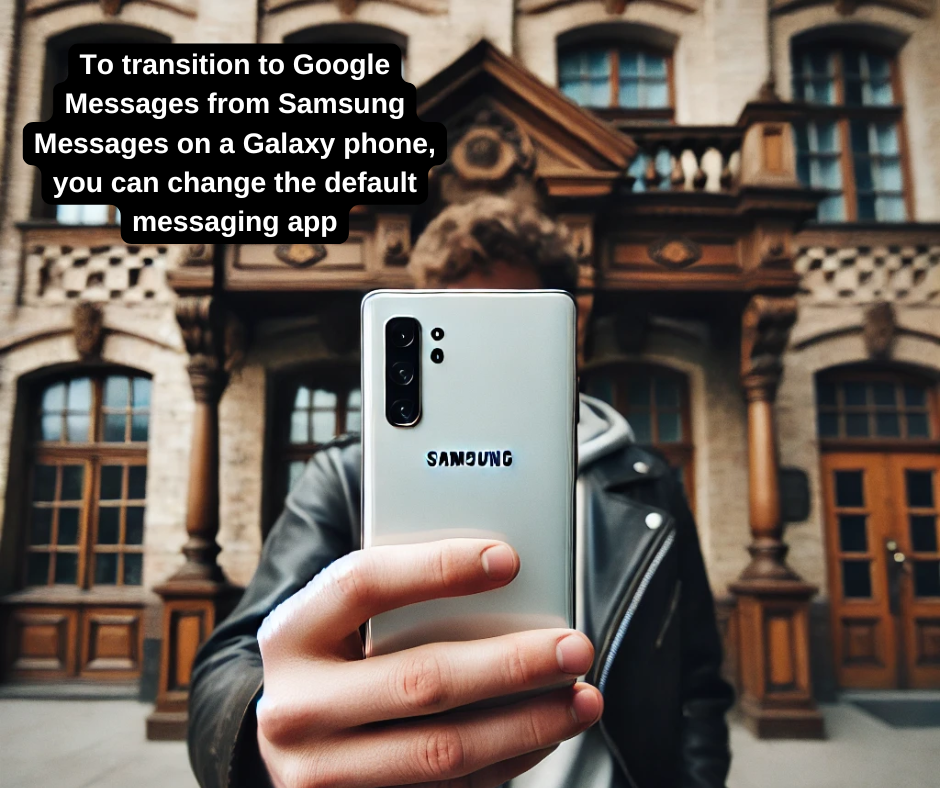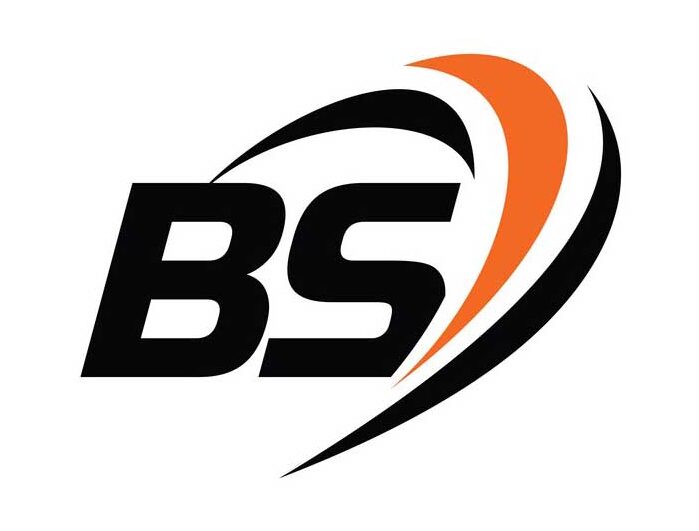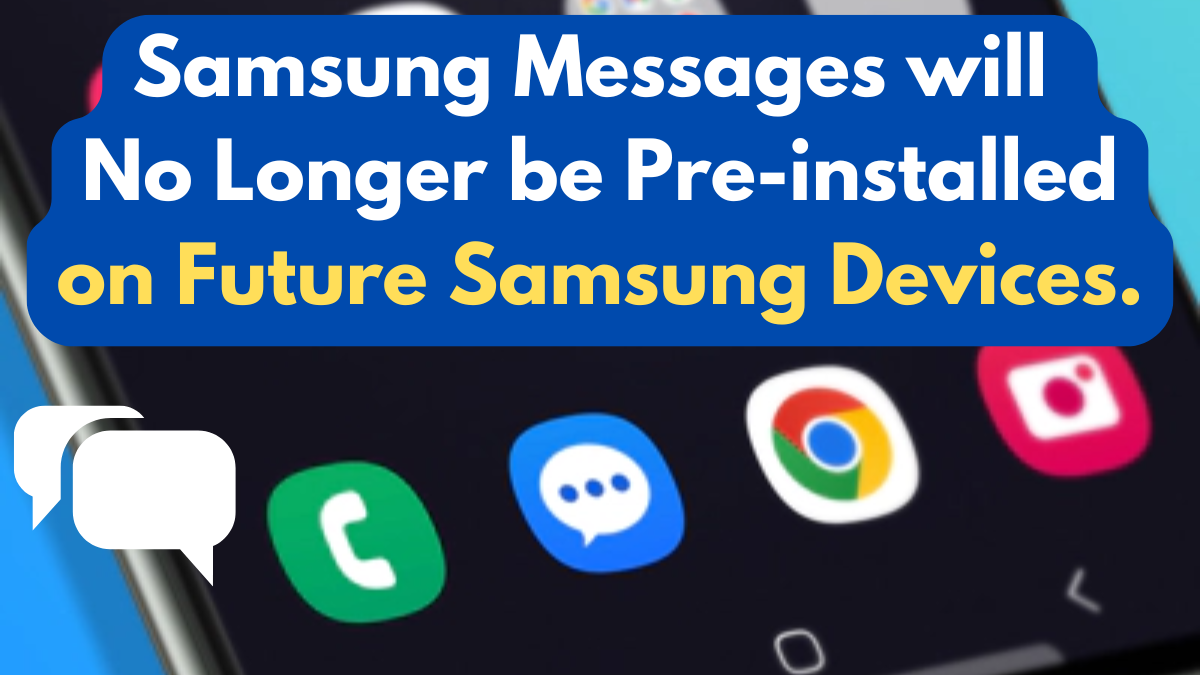In recent months, there has been growing speculation and concern among Samsung Galaxy users about the future of Samsung Messages, the default messaging app that has long been a staple of the company’s smartphones. The question on everyone’s mind is: Is Samsung getting rid of Samsung Messages? This article aims to explore this topic in depth, analyzing the reasons behind Samsung’s recent decisions, the implications for users, and what the future might hold for Samsung Messages.
What Is Happening to Samsung Messages on New Galaxy Phones?
The first sign that Samsung might be moving away from its proprietary messaging app came earlier this year when it was reported that new Galaxy phones in the USA no longer ship with the Samsung Messages app pre-installed. (is Samsung getting rid of Samsung Messages?) Instead, these devices now favor Google Messages as the default messaging platform. This shift has caused many to wonder whether Samsung is phasing out its messaging app entirely.
The decision to replace Samsung Messages with Google Messages on new Galaxy phones aligns with Samsung’s broader strategy to support Google’s Rich Communication Services (RCS) platform. RCS is a significant upgrade over traditional SMS and MMS, offering a range of modern features such as live read and seen indicators, typing indicators, the ability to send high-resolution images and videos, location sharing, and more. While Samsung Messages does technically support RCS, its functionality is limited by network operators, making Google Messages a more robust choice.
Why Is Samsung Transitioning to Google Messages?
The move towards Google Messages is part of Samsung’s broader collaboration with Google to promote the adoption of RCS. Samsung has stated that this partnership is aimed at accelerating the transition from traditional SMS/MMS to RCS, which is not only more feature-rich but also more secure. Given that RCS can function independently of carrier settings, Google Messages offers a more consistent and reliable messaging experience across different networks.
For Samsung, this transition is about providing its users with the best possible experience. By adopting Google Messages as the default messaging platform, Samsung is ensuring that its customers have access to the most advanced messaging features available today. This decision also aligns with the broader Android ecosystem, making it easier for Samsung users to communicate seamlessly with users of other Android devices.

How Does This Affect Older Galaxy Phones?
While the transition to Google Messages is most apparent on new Galaxy phones, there are signs that Samsung is also trying to phase out its messaging app on older devices. Users of the Galaxy S20, Galaxy S21, and Galaxy S22 have reported receiving prompts to switch to Google Messages, suggesting that Samsung is encouraging all Galaxy phone owners to make the switch sooner rather than later.
For now, the Samsung Messages app remains usable on older devices, but it’s clear that the company is gradually nudging its users towards Google’s messaging app. This phased approach allows Samsung to manage the transition more smoothly, giving users time to adjust to the new app while still providing support for Samsung Messages in the interim.
What Are the Advantages of Using Google Messages Over Samsung Messages?
For users wondering whether they should make the switch, it’s worth considering the advantages that Google Messages offers over Samsung Messages. Here are some of the key benefits:
- Universal RCS Support: Unlike Samsung Messages, which relies on carrier support for RCS features, Google Messages supports RCS across all networks, ensuring a consistent experience regardless of your carrier.
- Enhanced Messaging Features: Google Messages offers a range of advanced features, including end-to-end encryption, group chats, and the ability to send large files, which make it a more powerful messaging platform.
- Integration with Google Services: Google Messages integrates seamlessly with other Google services, such as Google Assistant, Google Photos, and Google Duo, providing a more cohesive user experience.
- Regular Updates: As a Google app, Google Messages receives regular updates and new features, ensuring that it stays at the cutting edge of messaging technology.
Will Samsung Messages Be Completely Phased Out?
The big question on many users’ minds is whether Samsung Messages will be completely phased out. While Samsung has not officially announced the discontinuation of its messaging app, the signs suggest that the company is moving in that direction. By gradually replacing Samsung Messages with Google Messages on new and existing devices, Samsung is clearly signaling its intent to make Google Messages the default messaging platform for its users.
That said, it’s possible that Samsung Messages will continue to be available as an optional app for users who prefer it. However, with the increasing emphasis on RCS and the benefits that Google Messages offers, it’s likely that most users will eventually make the switch.
How Can Samsung Users Transition to Google Messages?
For those ready to make the switch to Google Messages, the process is relatively straightforward. Here’s a step-by-step guide to help you transition:
- Download Google Messages: If your Galaxy phone doesn’t already have Google Messages pre-installed, you can download it from the Google Play Store.
- Set Google Messages as Default: After installing Google Messages, open the app and follow the prompts to set it as your default messaging app.
- Transfer Your Messages: If you want to transfer your existing messages from Samsung Messages to Google Messages, you can do so using Samsung’s Smart Switch app or third-party tools designed for this purpose.
- Explore the Features: Once you’ve made the switch, take some time to explore the features of Google Messages, such as RCS chat, dark mode, and the integration with Google services.

What Does the Future Hold for Samsung Messaging Apps?
Is Samsung getting rid of Samsung Messages? As Samsung continues to deepen its collaboration with Google, it’s likely that we will see further integration between Samsung’s devices and Google’s apps and services. This could mean more Samsung apps being replaced or supplemented by Google apps, providing users with a more unified and streamlined experience across the Android ecosystem.
However, Samsung has a long history of developing its software and services, and it’s possible that the company will continue to innovate in areas where it sees opportunities to differentiate itself from other Android manufacturers. Whether this means a complete departure from messaging apps or the development of new, complementary services remains to be seen.
Is There a Downside to Switching to Google Messages?
While Google Messages offers a range of benefits, some users may have concerns about switching away from Samsung Messages. One potential downside is the loss of certain features that are unique to Samsung’s messaging app, such as the ability to use Samsung-specific stickers or integration with Samsung’s other apps and services.
Additionally, some users may prefer the interface and design of Samsung Messages, which is more closely aligned with the overall aesthetic of Samsung’s One UI. For these users, the transition to Google Messages may take some getting used to.
However, the advantages of Google Messages, particularly its support for RCS and integration with Google services, are likely to outweigh these concerns for most users. As the messaging landscape continues to evolve, Google Messages is well-positioned to become the go-to platform for Android users, offering a rich set of features and a secure, reliable messaging experience.
Conclusion – is Samsung getting rid of Samsung Messages?
The app has not been officially discontinued, it’s clear that Samsung is moving towards making Google Messages the default messaging platform on its devices. This transition is part of a broader strategy to support the adoption of RCS, which offers a range of modern messaging features that are not fully supported by Samsung Messages.
For users, this means embracing Google Messages as the future of messaging on Samsung devices. While there may be some initial reluctance to switch, the benefits of Google Messages, particularly its universal RCS support and integration with Google services, make it a compelling choice.
As Samsung continues to evolve its software strategy, it’s likely that we’ll see further changes to the apps and services that come pre-installed on its devices. For now, though, the focus is squarely on making Google Messages the best possible messaging experience for Samsung users, ensuring that they have access to the latest and greatest in messaging technology. (is Samsung getting rid of Samsung Messages?)
People Also Loved To Read – Best Data Recovery Apps for iPhone
For news updates, visit – Daily News 24×7

